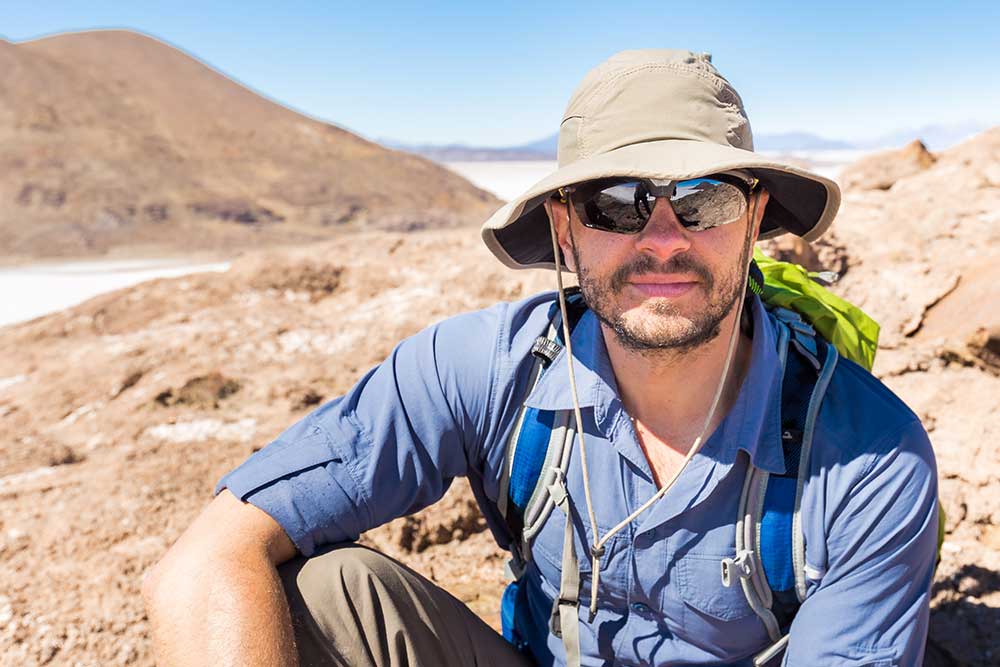All Categories
Featured
Table of Contents
Geophysicist Salary And Job Description 2023 in Beechina WA 2021
This work is significantly contracted out, so consultancies supply another source of employment. Consultancy companies differ in size, from really little business to big multinationals. Some consultancies are quite specialised in using particular geophysical strategies or working in particular areas, while others provide a more diverse range of services to their clients.
The extraction of gas from garbage dump sites is another location of work and this might grow in the future. Exploration business may undertake work for building companies, public utility, mining business and ecological firms, so geophysicists may be utilized in any of these settings. Other employers include: geological surveysgovernment bodies and agenciesuniversities and research study institutes.


Vacancies may be listed in the oil and gas sector press. Recruitment is impacted by oil rate changes and the level of competition for positions varies depending upon this. Careers Days, which cover the complete variety of geoscience professions and are generally gone to by a variety of key industry companies, are run by The Geological Society.
Career Guide: Geophysicist in Leederville Oz 2020
Some of the big oil and gas companies use a full two-year structured training programme throughout the breadth of geophysics, consisting of the opportunity to experience work in various groups before specialising in one location. Your training may include deal with: existing wellsmagnetic and gravitational prospective field data analysisresearchrock analysis. However, it's more normal for your preliminary training to be provided on the job.

There might be a probationary duration during which you work along with an experienced associate. Competency-based appraisals take location frequently in many firms. In smaller companies, and for scholastic posts, there is unlikely to be any formal training - you'll be anticipated to begin work straightaway and get abilities as you go along.
If you work for a smaller sized company, you may find that you require to take responsibility for organizing and funding your own development and training. If you have a geology degree, membership of The Geological Society can be helpful for networking and for keeping up to date with the industry.
Geophysical Surveys in Middle Swan Western Australia 2021
You might likewise discover it beneficial to join the PESGB (The Petroleum Expedition Society of Great Britain, which has a geophysics special interest group. After a probationary duration, and when you've gained some experience, you could progress to senior geophysicist, then group leader and then into a senior role in management.
The ease of movement between roles depends on the company structure. Research study at Masters or Ph, D level in a subject associated to geophysics or geosciences may aid with your career advancement and progression. The work market within the oil and gas industry is extremely based on rate and this may affect your chances for career development.
However, not all jobs depend on the oil and gas industries. For skilled geophysicists, freelance consultancy offers an excellent route for career advancement. You can also specialise in a specific area of geophysics. As a geophysicist, you're most likely to have a number of jobs throughout your working life. International movement is crucial for handling peaks and troughs in various nations at different times.
Careers In Geology And Geophysics in High Wycombe Aus 2020
From geophysics, it's possible to concentrate on seismology (completing further training to end up being a seismic interpreter) or to move into associated locations such as engineering geology or risk prediction.
Choosing what to study in college is a tough choice. Even if you understand that your field of interest lies in science, what program of research study is ideal for you?
The very first action to attaining your goal of ending up being a geophysicist is earning a degree. Even for entry-level positions in the field of geoscience, you'll need a bachelor's degree (a geophysicist college degree) from an accredited college or university. Geophysicists must be able to: evaluate rocks, photos, and other pieces of information conduct research both in the field and in labs develop maps and charts of their findings compose reports To achieve all this, students require a specialized education for geophysicist professions.
As stated above, you'll need a bachelor's degree in geoscience or an associated discipline, such as a physical science or a life sciences, to land an entry-level job. Students can also prepare by majoring in subjects like: Biology Chemistry Computer system science Engineering Mathematics Physics The above geophysicist majors use a more generalized approach to a single scientific discipline, but many programs need students to take one or more geology course.
Latest Posts
Geophysical Survey in Jandakot Australia 2020
Geophysics Definition & Meaning in Roleystone Oz 2021
Geophysical Survey - Explore The Seafloor in Kinross WA 2021